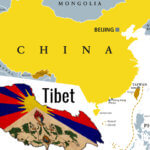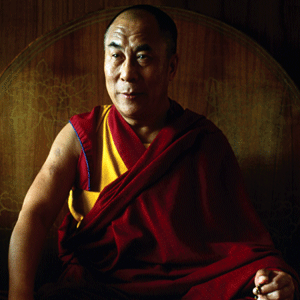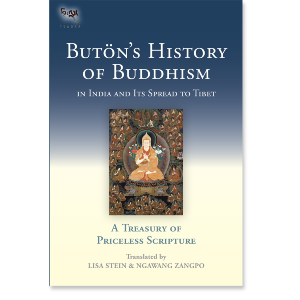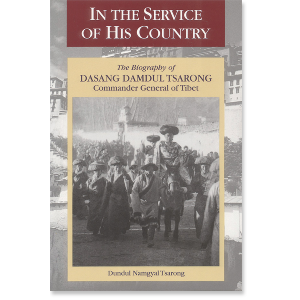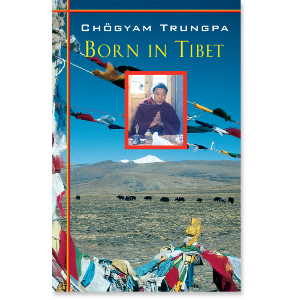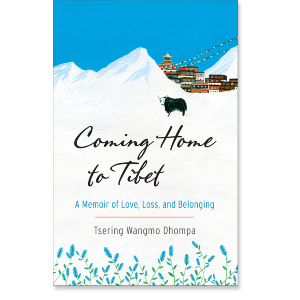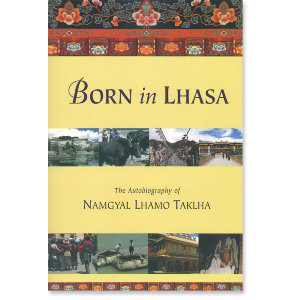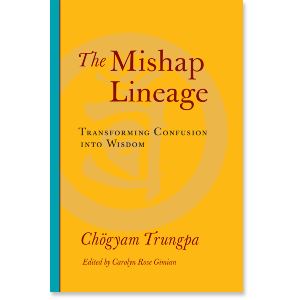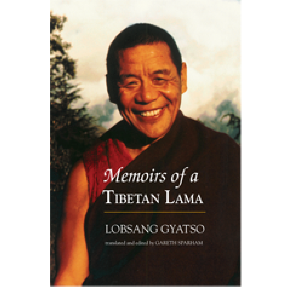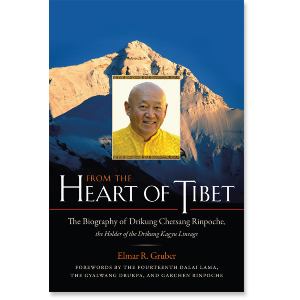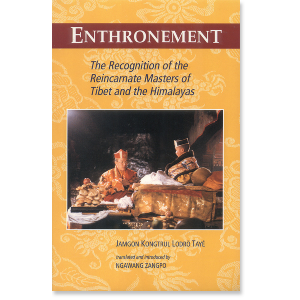| The following article is from the Winter, 1996 issue of the Snow Lion Newsletter and is for historical reference only. You can see this in context of the original newsletter here. |
China's Buddha Complex
by Pico Iyer
New York Times, December 3, 1995
NARA, Japan
The choosing of divine leaders is seldom left to atheists. In Tibet Buddhism, finding the highest spiritual incarnations is a matter of the highest spiritual importance, involving years-long monastic search parties, elaborate batteries of tests given to every prospective lama, the careful study of dreams and portents, and, finally, the imprimatur of the Dalai Lama himself. It is neither a beauty pageant nor a lottery.
So when the Chinese Government declared on Wednesday that it had found the new Panchen Lama, Tibetan Buddhism's second-highest authority by a drawing of lots, it was more than the latest slippery gambit in China's 45-year occupation. It marked a worrying escalation in the extent to which Beijing seems ready to mock and even appropriate everything that is sacred to Tibetans.
we must ask ourselves how far we are willing to acquiesce in the remorseless eradication of a culture.
The Chinese presumption in overruling the Dalai Lama, who had selected a different boy in May, is as absurd as if Fidel Castro tried to appoint the next Pope.
Of course, the political manipulation of religion is an ancient tradition in all societies. Even before the occupation, many Dalai Lamas were puppets of shrewd Tibetan regents. And the ironies of the Chinese ploy are obvious: that they seem prepared to endorse the lama system they have long derided now that they have decided to manipulate it, and that they defend their actions by referring to outdated Manchu treaties similar to those they deem irrelevant in the matter of Hong Kong. The Communists are also, presumably, claiming to be better Buddhists than the Dalai Lama.
What makes the Panchen Lama dispute so important is that the ongoing chess game between the most populous nation in the world and a tiny government-in-exile is nearing its endgame: the Tibetans have already lost their country and much of their heritage, and now they are in danger of being stripped of their spiritual leadership. The Dalai Lama is 60 years old. He has repeatedly said that he may well be the last in the 604-year-old lineage, an obvious attempt to preempt a succession struggle upon his death, when Tibetans, who have relied on him for more than half a century, will likely have to deal with a Chinese-appointed Dalai Lama.
If China's selection of the Panchen Lama is not universally challenged, its leaders will have won by showing that spirit can be trumped by politics.
1.2 million Tibetans killed and 13 of the country's 6,254 monasteries destroyed
From the time Chinese troops swarmed into Tibet in 1950, they have tried to hit Tibetans where it hurts most: in the heart of their belief. Not only by killing 1.2 million Tibetans and by destroying all but 13 of the country's 6,254 monasteries. And not only by diluting Tibetan racial stock through forced intermarriages that amount to ethnic cleansing. But most effectively by broadcasting their contempt for faith itself.
Beijing's actions are an assault on anyone who believes that some things are sacred, beyond expediency.
Celibate monks were once forced to copulate in public and to use sacred texts as toilet paper. When I last visited Lhasa, Tibet's capital, I was shocked to see that the Potala Palace, the equivalent of both Westminster Abbey and Buckingham Palace, was open only to tourists. We were shunted around a few rooms in the wrong (heretical) order, while Tibetans stood plaintively outside.
It would be easy for Westerners to say that China's takeover of the incarnation process is only of concern to a faraway mountain land and the 14 million people (a handful by Chinese standards) who follow Tibetan Buddhism. But it would be untrue. Beijing's actions are an assault on anyone who believes that some things are sacred, beyond expediency. And as China continues its conversion of a complex tradition into a thing for tourists (it is now building six new hotels in Lhasa), we must ask ourselves how far we are willing to acquiesce in the remorseless eradication of a culture.

